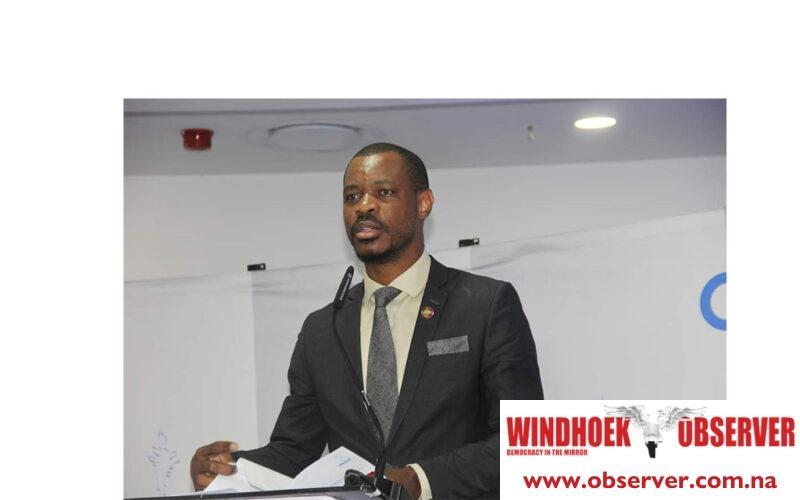Allexer Namundjembo
The City of Windhoek plans to establish 11 new townships in the next two years as part of its Vision 2027 under development strategy.
As part of the plan, the municipality aims to service 326 erven and construct over 200 affordable houses.
The city also intends to electrify 800 homes, formalise 7 300 lease agreements in informal settlements, and upgrade its water infrastructure as it pushes to meet its urban development targets by the 2027 deadline.
These commitments were shared by the City of Windhoek chief executive officer Moses Matyayi during a recent public participation in Windhoek.
The meeting covered the council’s five-year performance review and its future plans.
Matyayi said Windhoek now has an estimated population of 486 186, of which about 224,000 live in informal settlements.
This accounts for 16% of Namibia’s total population and 32% of the national urban population.
He noted that informal areas are growing at 8.2%, more than double the citywide average of 3.3%.
“This level of growth places an enormous strain on resources, but it also serves as a strong reminder of the urgency to fast-track service delivery in underserved communities,” he said.
He highlighted that the city contributes around 30% to Namibia’s GDP and recorded a turnover of N$5 billion in the 2023/2024 financial year.
It also maintained an asset base of N$20 billion and was recently ranked among the top 10 cleanest cities in Africa.
“That’s a milestone we don’t take lightly. It’s a reflection of our commitment to responsible waste management, infrastructure upkeep, and good urban governance,” said Matyayi.
He said the council’s work was guided by five themes: financial sustainability and governance, social progression, economic advancement, infrastructure development, and environmental resilience.
These focus areas have informed projects such as land and housing provision, informal settlement upgrading, urban health, and public safety.
“In terms of governance, we’ve managed to implement a risk-based internal audit plan, fraud prevention policy, and legal compliance systems. We’re moving towards a more transparent and responsive city,” he said.
Matyayi also shared progress under the city’s smart cities roadmap.
The city completed a 58-kilometre non-motorised transport feasibility study, launched a cycling education programme in partnership with the city of Berlin, and introduced 40 solar-powered electric bikes under the EBikes4Windhoek pilot.
He said the city is working to monetise its fibre optic infrastructure and revive the Move Windhoek public transport system. “We want a city that moves efficiently, innovates, and delivers services in a digitally connected manner,” he said.
He added that partnerships have become a key driver of development. The city has signed 17 international cooperation agreements and 39 domestic partnerships that have brought in technical support, donations, and training.
Among the contributions, Vivo Energy donated N$160 000 in 2023 and N$295,000 in 2024 to support sanitation and early childhood education in informal settlements.
“To truly maximise the value of our partnerships, we need to expand our team and improve coordination. We cannot afford to lag behind when opportunities for growth and development are at our fingertips,” he said.
He concluded by encouraging residents to participate in shaping Windhoek’s future.
“The road to becoming a sustainable and caring city by 2027 is one we must walk together. It is only through collaboration, innovation, and unity that we can build a resilient, inclusive, and people-centred Windhoek.”




